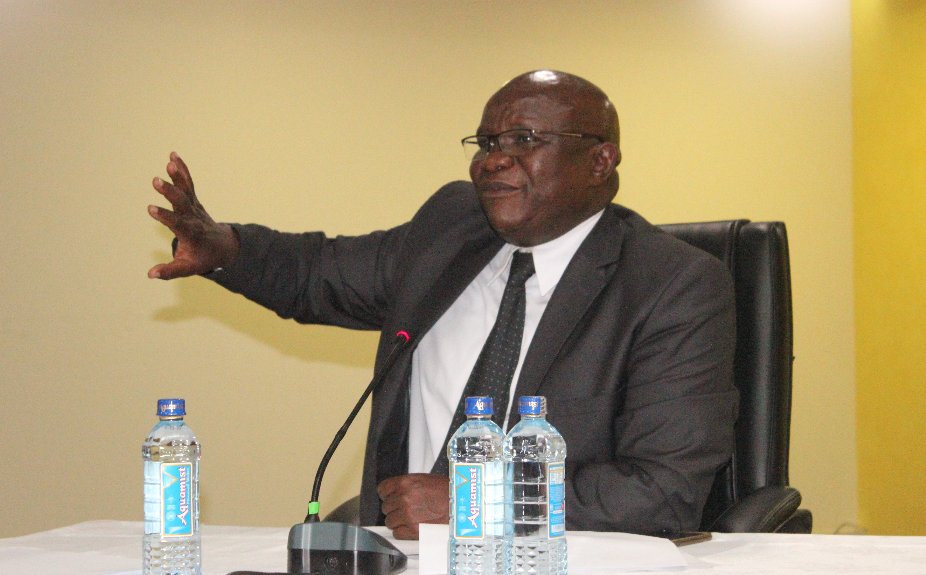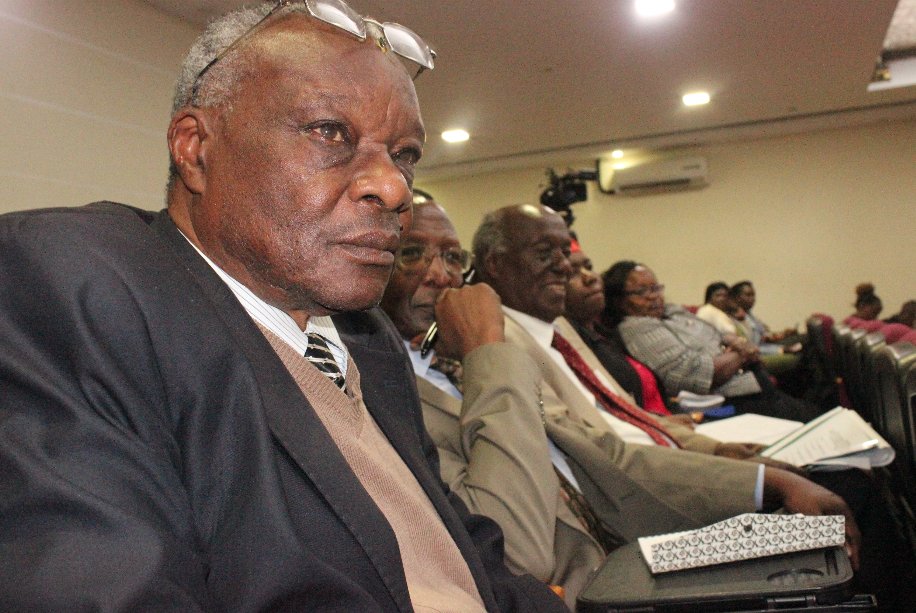This will be the most scrutinized thing.
It will likely be the thing all committee members actually read.
Should be 2 pages (at least) but not longer than 3. Some may say "this is 2 pgs. That's tooo long." But nobody will likely complain about 2 pgs.
A great letter will also show how person meets "preferred quals" too.





